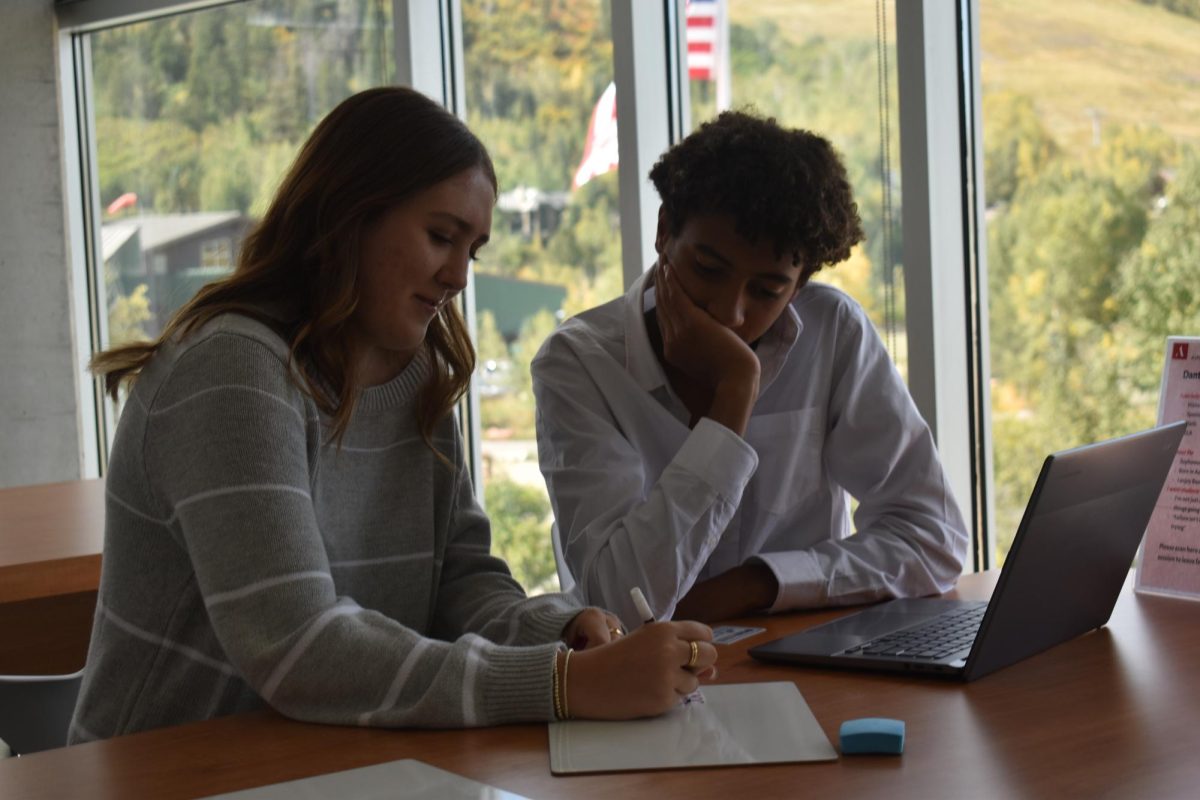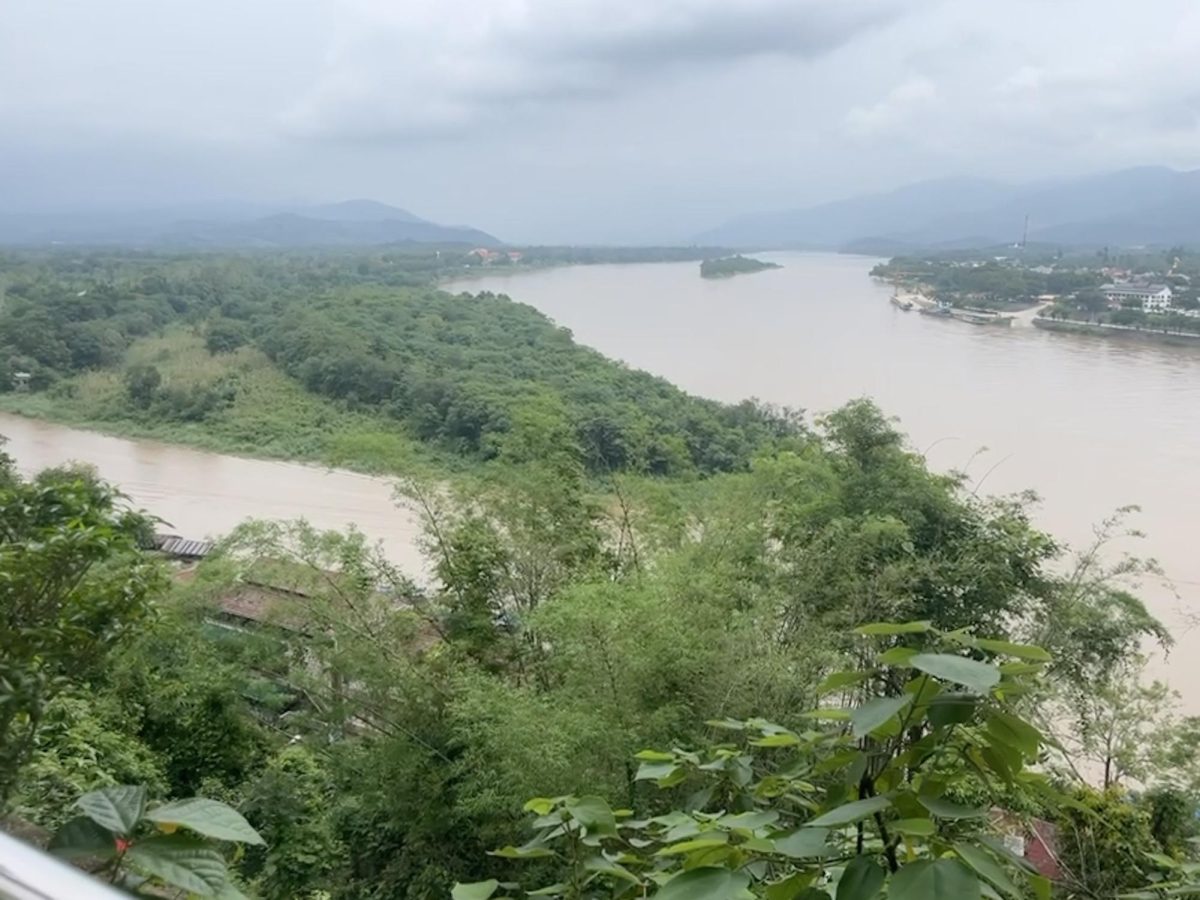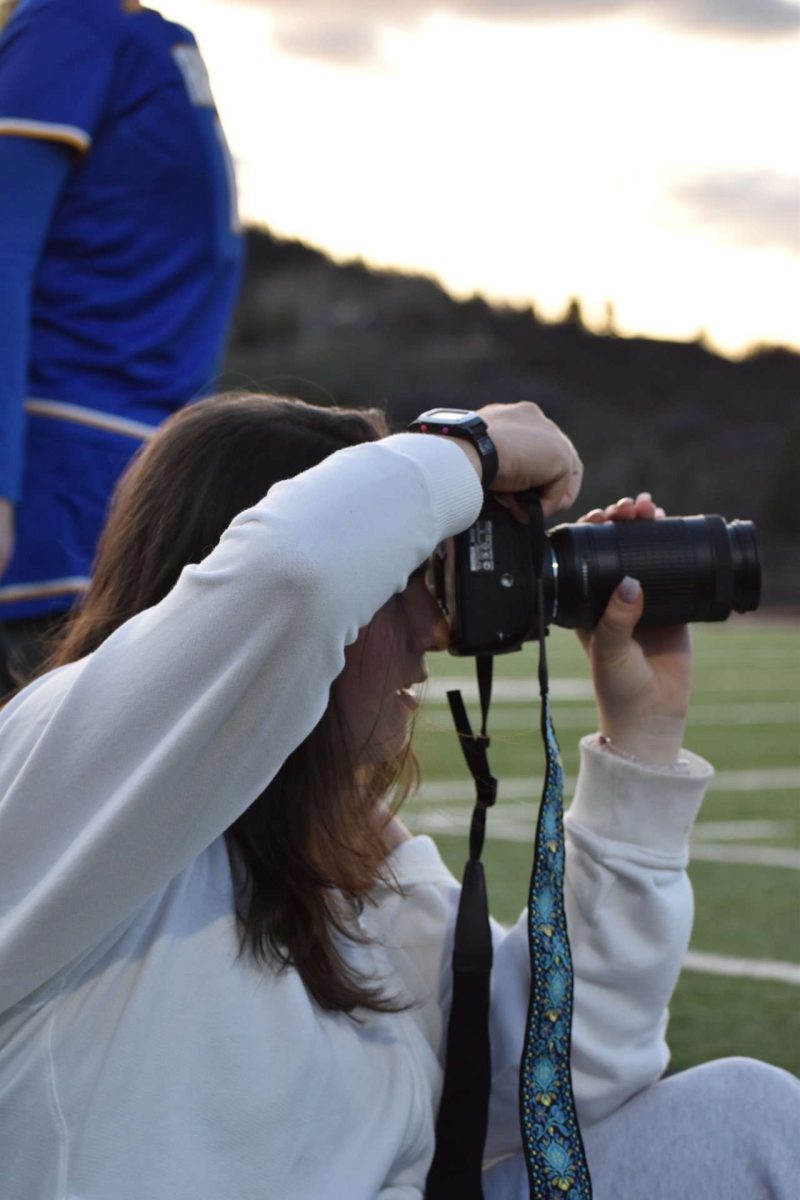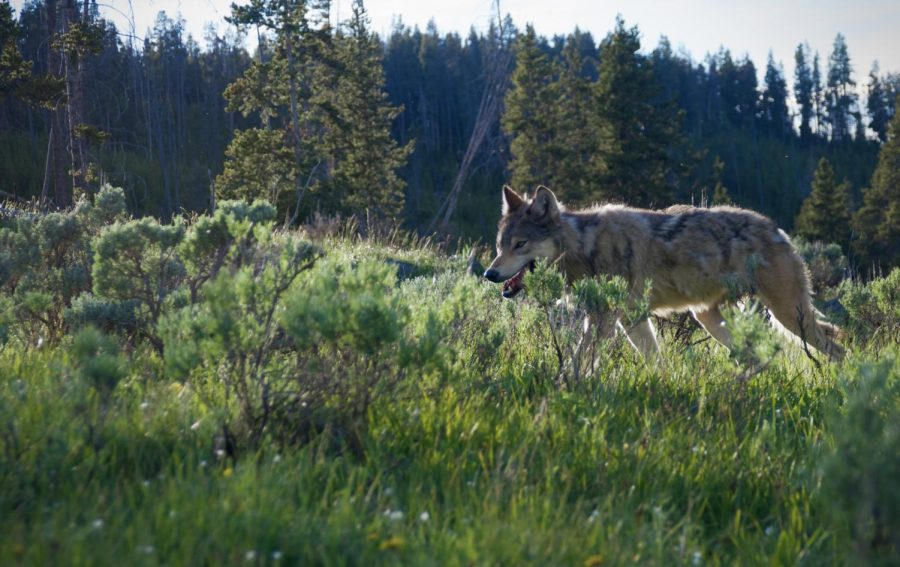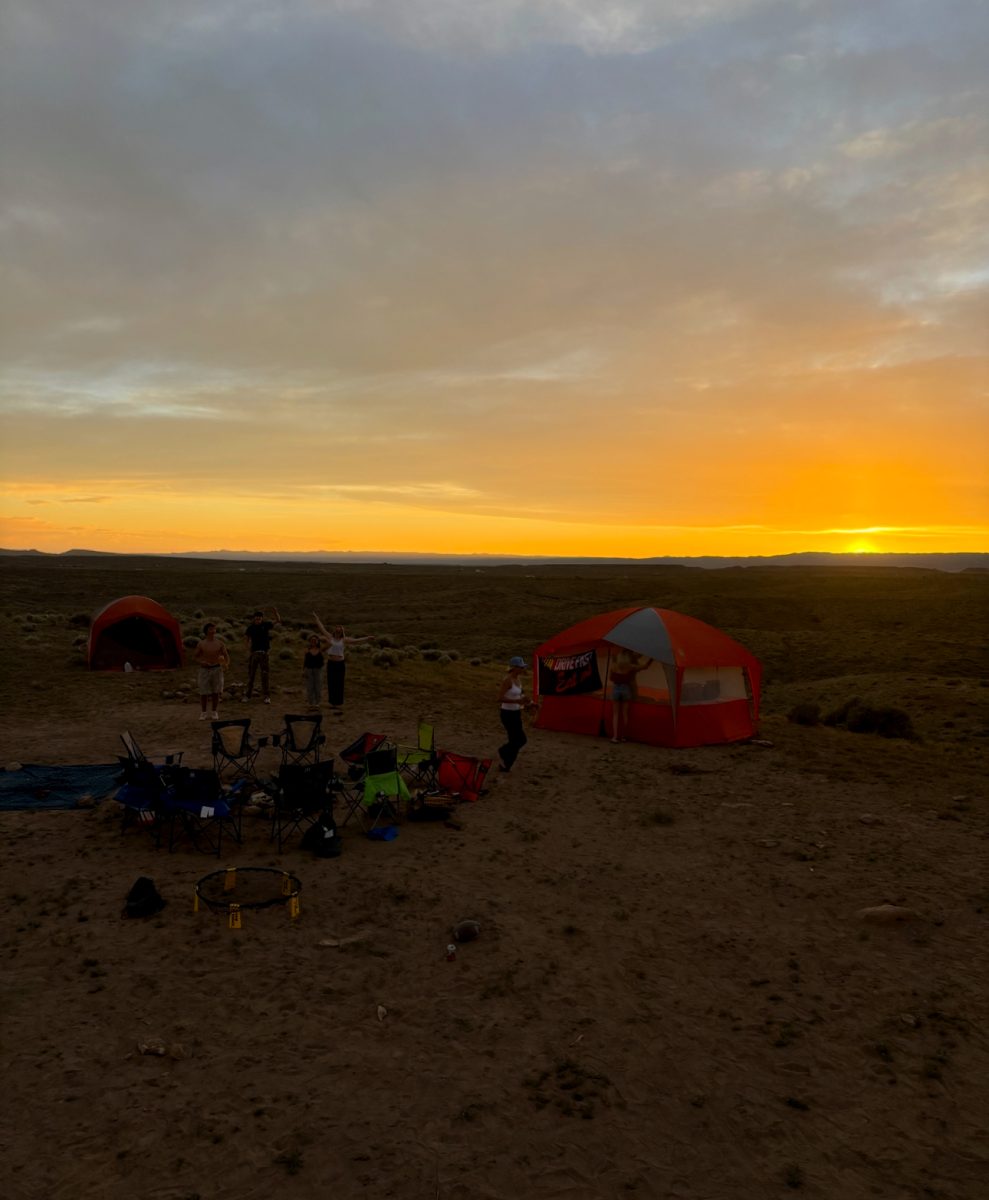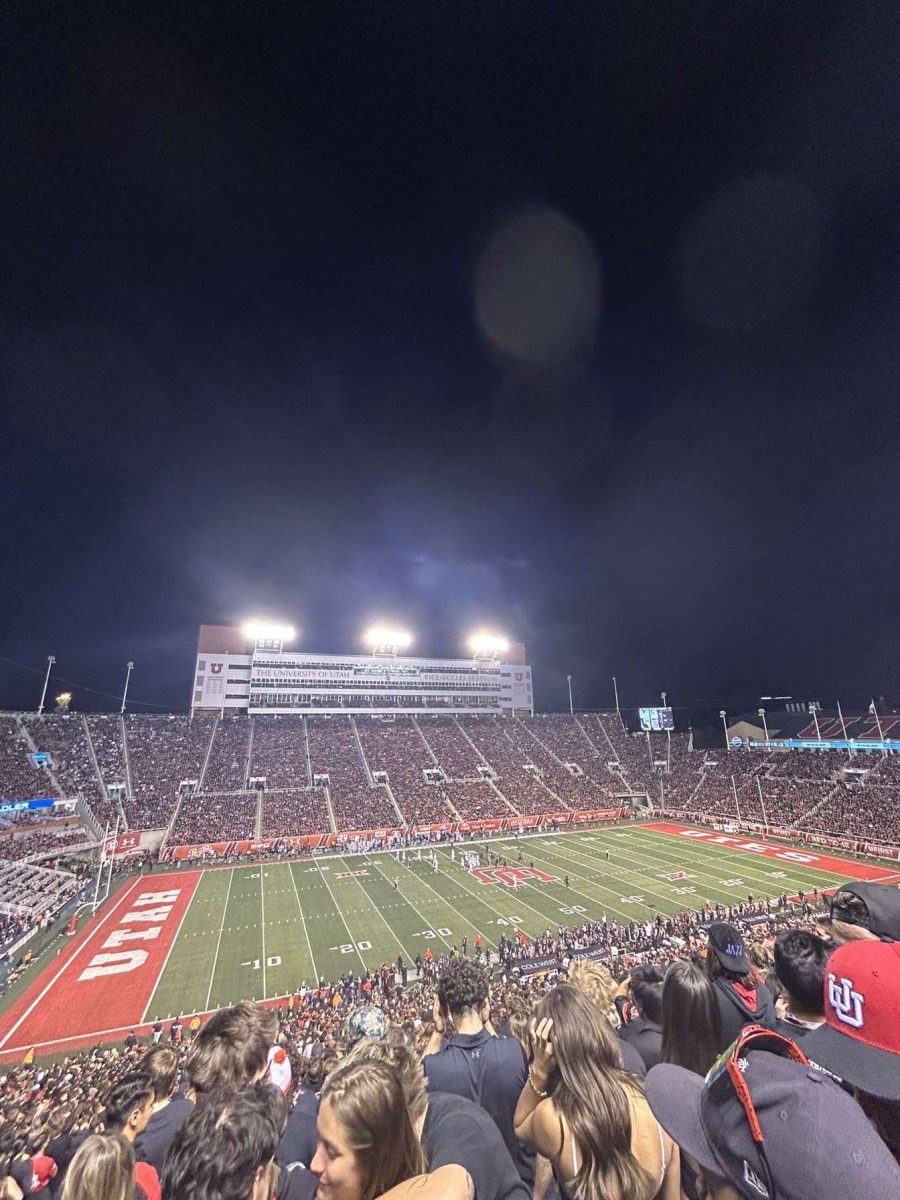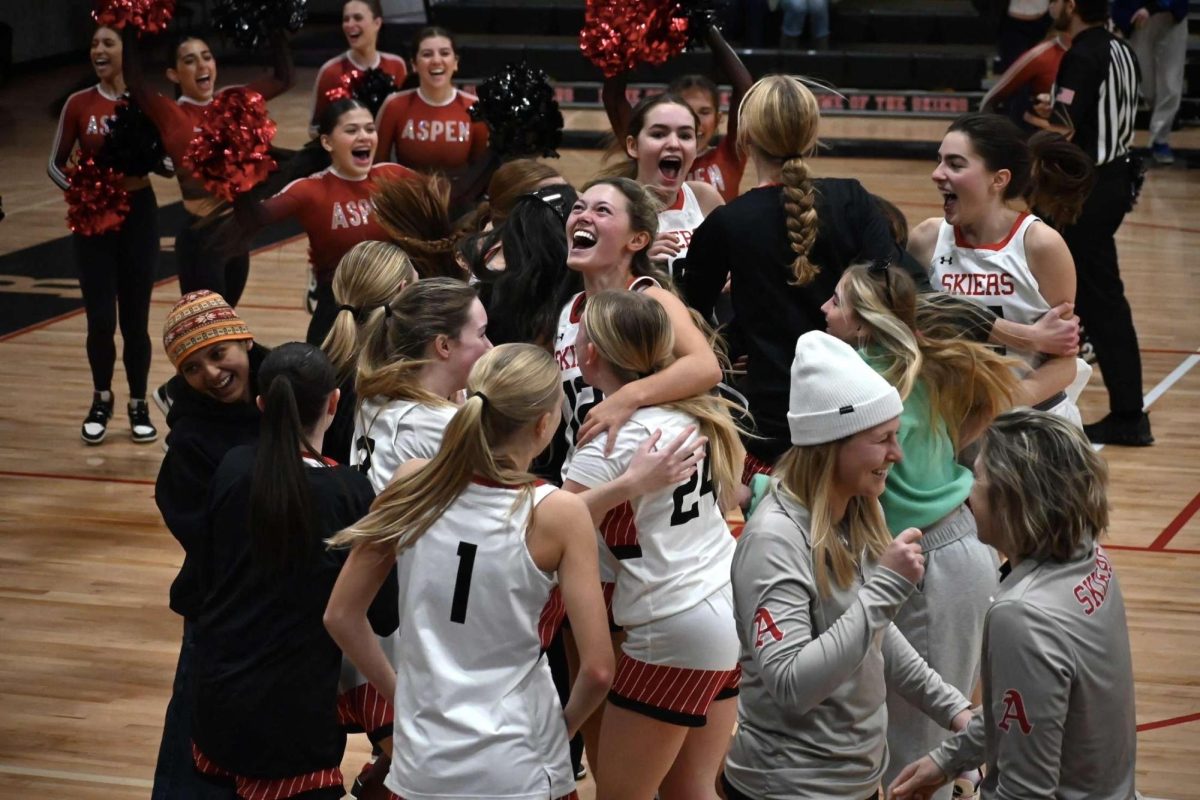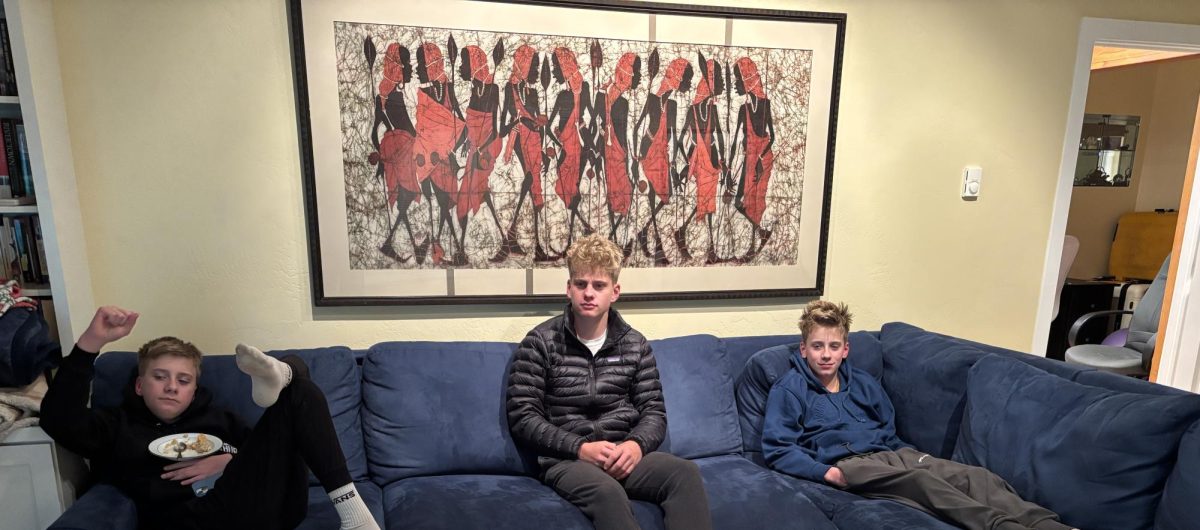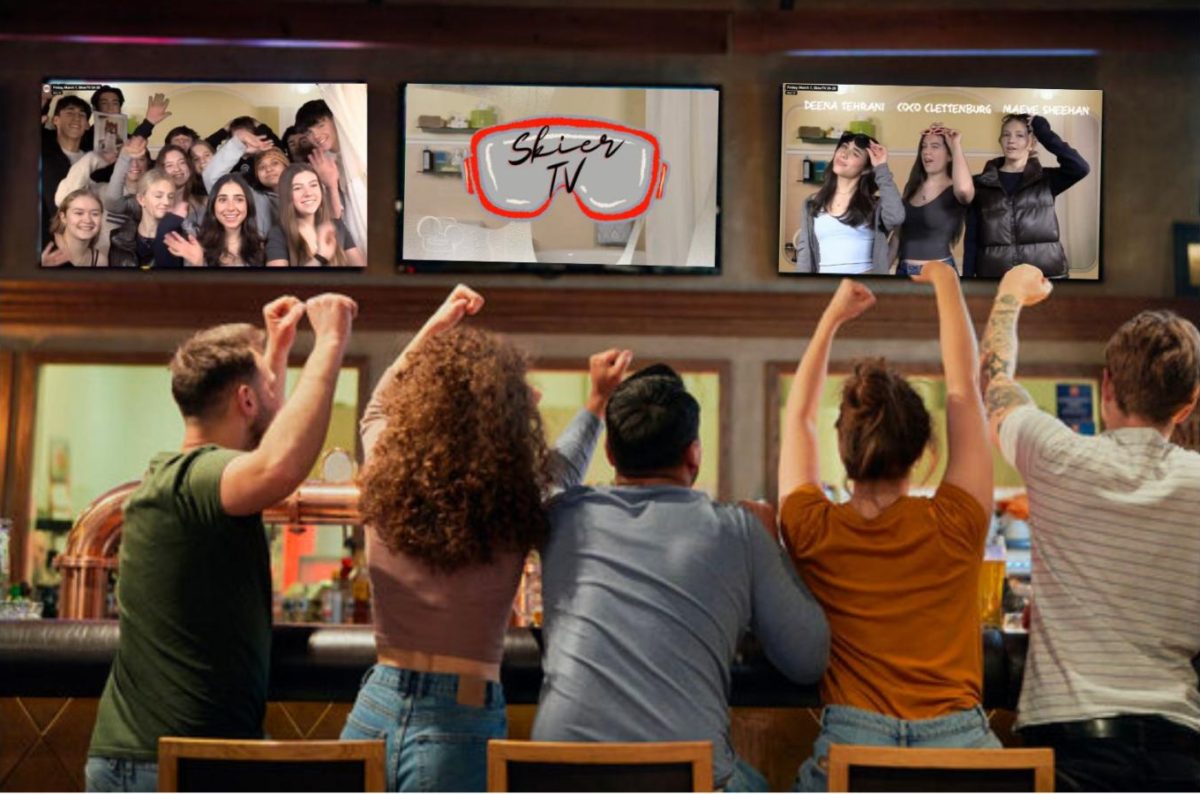Article 19 of the United Nations Universal Declaration of Human Rights gives protection and immunity to the press, stating, “[Everyone has the right to] receive and impart information and ideas through any media and regardless of frontiers,” something the UN is obligated to protect for any journalist or correspondent anywhere in the world.
On October 7th, 2023, the terrorist group and leading government organization based in the Gaza Strip, Hamas, launched a terrorist invasion into Israeli territory, killing approximately 1200 and taking approximately 240 hostages. In retaliation, Israel launched a counteroffensive, including a full blockade of the Gaza Strip, airstrikes, and a ground invasion intending to remove Hamas completely. The occupied West Bank has also been subject to Israeli raids and increased activity, focusing heavily on suspected encampments for armed terrorists in refugee camps.
Let’s consider writing an article talking about general events that have occurred following October 7th. The media coverage of this longstanding conflict has been fraught with difficulties when it comes to covering it in a neutral and encompassing manner. Even classifying it to title an article begins to cause problems. The UN has called the history of Israel and Palestine the ‘Question of Palestine.’ Following October 7th, Israel declared war on Hamas, and subsequent articles have called this most recent uprising the Israel-Gaza, Israel-Hamas, and Israel-Palestine conflict, but questions arise about what classification fits. Debate on how different labelings generalize groups of people sparks controversy on what is most apt or true. Some activists believe that calling it a conflict is an unfair classification, comparing it to the French occupation of Algeria in the 1830s, which was similar but isn’t referenced with the term ‘conflict.’

Hamas has ruled the Gaza Strip since the 2007 election, which overthrew the previous government, the Palestinian Authority (PA or PNA). Prior to 2007, the governing history of Palestine was complex, including multiple militant groups, terrorist organizations, and government organizations, such as the PA. The PA is one nomenclature that typically encompasses the Palestinian Liberation Organization (PLO) and Fatah organizations. They hold a similar political aim to Hamas but have been attempting to gain control of the territory through both armed conflict and democratic elections. The PA holds claim to much of the occupied West Bank while Hamas controls the Gaza Strip – despite this, the PA still claims sovereignty over it. One major difference between Hamas and the PA is that the PA aims to restore Palestine to its 1967 borders, whereas Hamas has stated its goal to “obliterate it [Israel]” and kill every Jewish person.
Since 1948 and the dissolution of the British Mandate of Palestine, Israel has been subject to constant interference and prosecution from its neighboring countries. Since the War of Independence (1948-1949), there has been consistent strife, and both the new sovereign Palestinian territory, as well as countries like Lebanon, Egypt, and Jordan, have fought in large part against the existence of a Jewish state. Numerous localized conflicts between Palestine and Israel have grown into international conflicts and several full-scale wars. Continued Palestinian uprisings have kept Israel in a constant state of conflict, and border areas with Palestine have often had large-scale infrastructure built in an attempt to keep further incursions from taking place, such as the anti-terrorist fence in the occupied West Bank. Through this, the Israeli government has remained resilient, upholding its title as a democracy.
When a writer begins to consider what terms are acceptable in any article, news or opinion, the question focuses on several terms in particular. While this is not an exhaustive list of controversial or outright harmful words and phrases, some of the most divisive and polarizing terms; such as ‘genocide,’ ‘ethnic cleansing,’ ‘apartheid,’ ‘colonialism,’ and ‘collateral damage,’ or even using ‘people under 18’ versus ‘children’ can destroy an article’s credibility within a few sentences. This is where reporting on social media comes in. Users on social media platforms have much more leeway when it comes to what language they can acceptably use. Organizations like Hamas have created many fake social media accounts to push propaganda and rhetoric toward their target audience. One of the most egregious instances of false reporting or information being pushed through social media is the images and videos supposedly coming out of this most recent conflict. This allows people to form opinions without relevant facts, and many accounts end up citing statistics from news sources that have little to no credibility. It also can undermine how vital the work of real reporters is and drives the masses towards one particular point of view with little to no evidence to back up what they propagate. Critically, the slogan ‘From the river to the sea, Palestine will be free,’ stems from uneducated and basic copying of information coming from social media news sources.
The detrimental effects of biased social media reporting are the impact on real reporters, both from outside sources and more importantly from on-the-ground reporters in Israel, Palestine, and the surrounding countries. On October 7th, 2023, six reporters were killed, the most deadly day of the conflict, and on November 18th, five reporters were killed. As of November 29th, 58 journalists have been killed since October 7th. That is more than one per day. This is the most journalists killed in any conflict since the Committee to Protect Journalists (CPJ) started in 1992. The total currently stands at 50 Palestinian journalists, four Israeli, and three Lebanese.
The Israeli Defense Force (IDF) has told both Reuters and Agence France Presse as well as other newsrooms, “It cannot guarantee the safety of their journalists operating in the Gaza Strip.” One notable reason for the lack of immunity for journalists working in the area is that Hamas has put military infrastructure in some buildings that house newsrooms. Still, a Reporters Without Borders investigation shows that on October 13th, an Israeli airstrike explicitly targeted and murdered a Palestinian Reuters reporter and wounded six other reporters, dressed in press-labeled bulletproof armor, gathered around their vehicle which was clearly labeled ‘Press.’ They were not used as human shields, yet in some cases, Hamas has put journalists into the line of fire.
These are international, well-respected news agencies. These are not Al Jazeera, a Qatar-based newspaper that has run extensive coverage of the conflict. These are not WAFA, the PA’s, and formerly PLO’s news outlets. Those news outlets have received little to no immunity. On November 11th, a Palestine TV journalist shed his press-labeled armor on live television after learning his colleague and fellow reporter, Mohammad Abu Hattab, and 11 members of his family were killed in an alleged Israeli airstrike on his home.
“These are just slogans we are wearing, it doesn’t protect any journalist at all,” the correspondent said while the anchor he is speaking with breaks into tears.
No matter the credibility of these news sources, especially WAFA, as little is known of its factuality, that cannot detract from the work of journalists. Journalism and proper coverage of the press are vital, and without information from the inside, the story never gets told. Press is vital in serving justice for the innocent murdered on any side of a conflict – proper coverage provides the evidence to do so. While Israel is not committing genocide, not having the press to check the government takes away acknowledgment for the innocent victims of this conflict, whether that be by the hands of Hamas or Israel. A prime example of the importance of accurate reporting is the Rwandan Genocide of 1994. During the first three weeks of the genocide, approximately 250,000 of the 500,000 Tutsi people murdered during the entire genocide were already dead. Meanwhile, Western news sources were reporting not of a genocide but of a civil war in which the Tutsi who were being massacred en masse were winning. Complacent in this was the New York Times. Why? Most, if not all, foreign journalists had already left. The media coverage was so minimal the facts of the genocide could not be widely spread – there was no protection. Even after the drastic underreporting and false narrative coming out of Rwanda was finally being apprehended by journals like the NYT, they still were hesitant to label it a genocide. How much could have been done if the Western media had accurately reported? How many lives could have been saved?
In November 2023, over 750 journalists signed an open letter about the Israel-Hamas conflict demanding of Israel an “explicit commitment from Israel to end the violence against journalists.” They also called for Western newsrooms to be “[Held] accountable for dehumanizing rhetoric that has served to justify the ethnic cleansing of Palestinians.” The letter moved towards a more open discussion of trigger words in reporting and using them in the correct context. More open usage of contentious terms means following the recommendations of highly reputable organizations like the UN on when and where terms like ‘genocide’ are acceptable. Anthony Bellanger, the IFJ (International Federation of Journalists) General Secretary, captures the essence of journalists amidst conflict.
“Media workers in areas of armed conflict must be treated and protected as civilians and allowed to perform their work without interference. The IFJ calls on all combatants in this conflict to do their utmost to safeguard journalists and media professionals. There is intense and deeply concerned interest in this conflict all around the world, but people will only be able to understand what is really going on if journalists are allowed to do their work,” Bellanger said.
Throughout all of journalistic history, there have been slip-ups and conflicts that spark controversy in newsrooms. Journalism has never been perfect, yet it always serves the incredibly honorable and vital purpose of saving lives. Protecting journalists should be the first priority of any government or organization as they provide the same life-saving services as any doctor or other professional.

